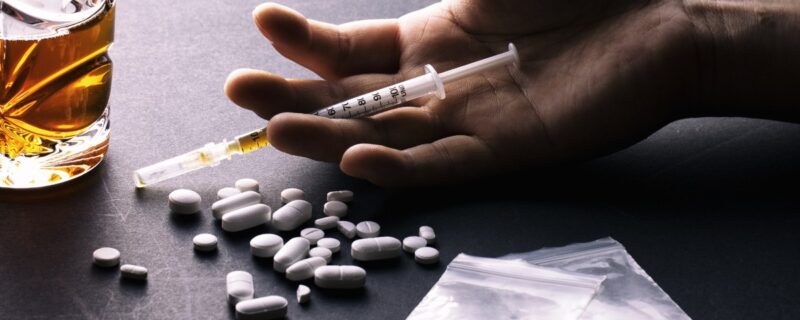Drug use can seem like a casual, harmless choice, but when does it cross the line into something more destructive? It’s easy to overlook the warning signs until it’s too late, but identifying when drug use becomes abuse is crucial for preventing lasting damage.
The transition from occasional use to dependency happens gradually, often without the user realizing the shift. You might start with a few drinks or a recreational drug here and there, but before you know it, the need to use intensifies and the consequences of those choices pile up. The danger lies in how quickly this behavior can spiral out of control, affecting your health, relationships, and overall well-being.
If you’re reading this, you’re likely asking yourself the same question: “How do I know if I’ve crossed that line?” Let’s take a closer look at the signs, the red flags, and how to spot when drug use becomes a real problem.
What Are the Signs That Drug Use Is Becoming a Problem?
At first, it might feel like you’ve got a handle on things, but the warning signs of problematic drug use can creep in without you noticing. Maybe it starts with using a little more than you initially planned or using more frequently than you used to. Over time, these small signs build up: you need more of the substance to feel the same effects, or you find yourself obsessing over your next use.
The signs often aren’t as obvious as you might think, but they’re there. If you’ve begun to feel that your relationship with the substance is changing, pay attention—these are the first red flags that it might be time to reevaluate.
What Are the Red Flags That Indicate Drug Use Has Become Abuse?
So, how do you know when drug use has truly crossed into abuse? It’s often when the consequences of your actions start outweighing the benefits of using. Missing work, falling behind on responsibilities, or making excuses to cover up your behavior are all signals that things are getting out of hand.
Relationships may begin to suffer as you withdraw or lie about your usage, and the impact on your physical health may become more noticeable. If you’ve noticed these kinds of changes, it’s more than just occasional use—it’s time to face the reality that drug abuse may be a growing problem in your life.
How Do You Spot When Drug Use Has Become a Serious Issue?
When does drug use stop being something you can manage on your own and become something you can’t control anymore? The shift from casual use to a full-blown issue happens gradually, but there are key moments when the problem becomes undeniable. If you find yourself using drugs as a way to cope with stress, anxiety, or emotions, it’s no longer just about having fun—it’s about numbing something.
The increasing need for the drug, the inability to quit, and the emotional and physical toll it takes on you are signs that drug use has escalated. It’s not just about the substance anymore; it’s about what it’s doing to your mind and your life.
What Steps Can You Take When You Realize Drug Use Is a Problem?
Once you’ve identified the signs and red flags, the next step is figuring out what to do about it. Recognizing that your drug use has become a problem is the first step toward reclaiming control over your life. It’s not about willpower alone—breaking the cycle of abuse requires seeking out help and support.
Whether it’s therapy, counseling, or rehabilitation, taking the first step is always the hardest. But once you decide to confront the issue head-on, you open the door to real change. Now, it’s time to focus on taking action to move forward and get your life back.
Find Support and Recovery at Positive Sobriety Institute
The transition from drug use to abuse can happen faster than you realize. Don’t wait until it’s too late—Positive Sobriety Institute is ready to help you regain control and rebuild your life.
Positive Sobriety Institute provides comprehensive recovery programs that empower you to break free from the hold of substance abuse. Don’t wait—reach out to Positive Sobriety Institute and take action today.



